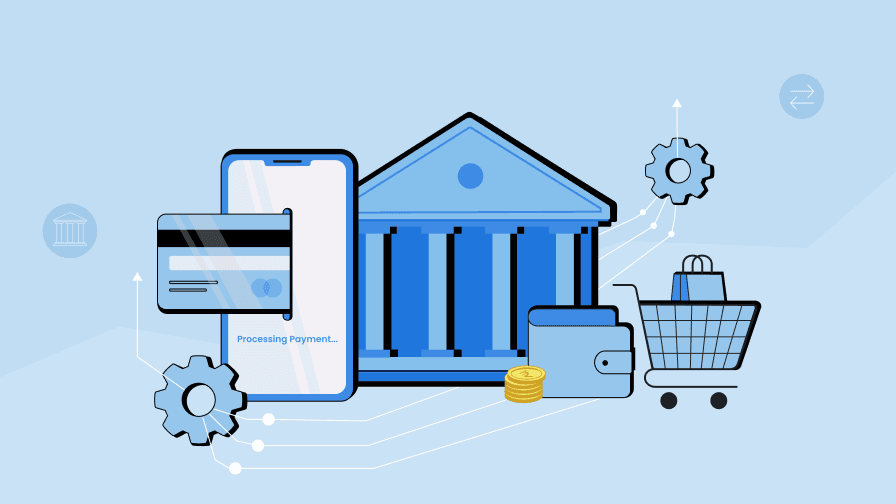Let Us Go With the Best Ideas About The Payment Aggregator vs. Payment Gateway.

A payment gateway is communication software that serves as a go-between for the banks of the customer and the merchant. It authenticates the transaction and securely sends encrypted payment information. While safeguarding the data from fraud, a payment gateway makes sure that money is sent from the customer’s account to the merchant’s account. Zupain is a leading online store that provides great support for ordering the right product.
A payment gateway is a network that, before being sent to the payment processor, gathers, authenticates, and runs fraud checks on credit card information from customers. A third-party supplier of payment solutions, sometimes referred to as a merchant aggregator, is a payment aggregator that provides merchant onboarding services. Merchants can accept many payment methods by using a payment aggregator. Note that while payment gateways can process payments, they are optional to provide the same extensive variety of services as payment aggregators.
The main differences between a payment gateway and a payment aggregator are compared tabularly below based on several criteria. Protocols for Authorization The Payment and Settlement Systems Act requires the RBI to grant authorization to non-bank payment aggregators. Since banks already handle money in the course of their daily business, a bank payment aggregator can do without this. Payment gateways that are not banks must abide by the regulations set forth by the RBI for technology suppliers to banks. Let us discuss about the payment aggregator vs payment gateway from the below words.
Organizational Structure:
Payment aggregators need to be professionally run, and the RBI’s recommended requirements for its promotors must be met.
The RBI does not have any special governance requirements that apply to payment gateways.it are more comfortable for the user to take care of without any trouble of it.
Procedure for Onboarding Merchants:
They must have a merchant onboarding policy that the board has authorized. Additionally, they must guarantee that merchants do not retain client card information. They are also in charge of verifying compliance with PA-DSS and PCI-DSS.
Also read – Enhancing Comfort and Productivity: The Role of Lighting and Acoustics in Office Design
The RBI does not impose any particular merchant onboarding requirements on them.
Services Offered:
It offers further services like analytics, customer service, reporting, and so forth, and It only offers services for processing transactions. Integration calls for integrating with a single service provider.
It would help if you interfaced with each bank or payment mechanism independently. Hence, it is more comfortable for the customer to promote the job to the next level.
Conclusion:
The unique requirements and preferences of your company will determine which payment gateway and payment aggregator you should choose. Payment gateways may be adequate if you need a simple and safe solution for card-based transactions. For cost reductions, you can bargain for lower rates with payment gateways. Get a first class ideas about the payment aggregator vs payment gateway alternatively, you can choose payment aggregators to have access to more tools and resources for better customer service and business performance. Select the option that best suits your specific business needs and objectives.






